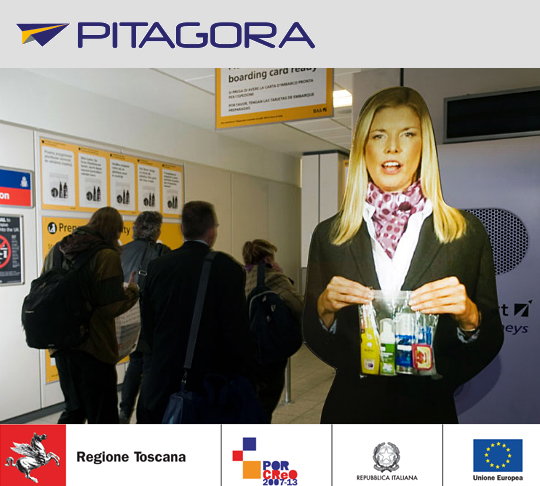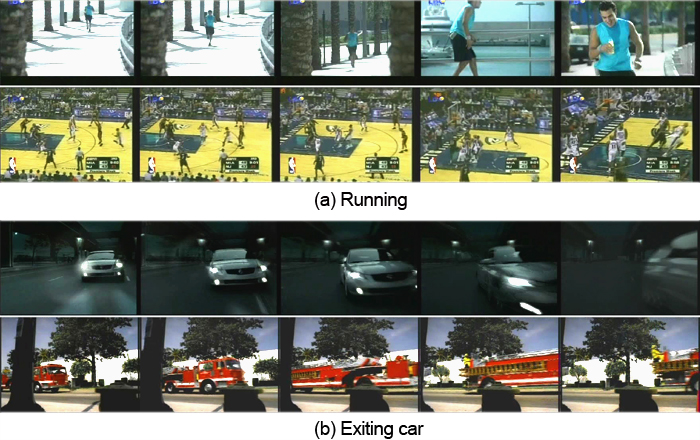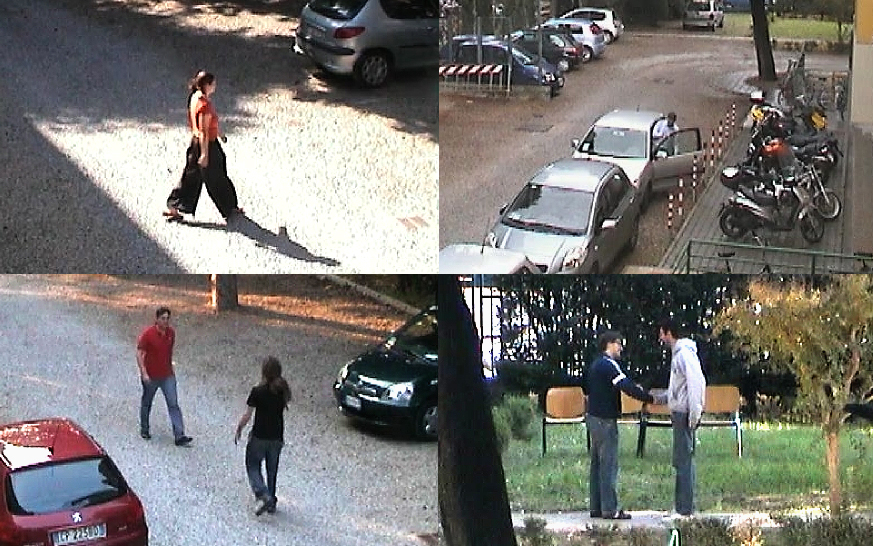The PITAGORA project on Airport Operations Management is financed under the auspices of the POR CReO FESR program of the Region of Tuscany and co-financed by the European Regional Development Fund. The PITAGORA consortium consists of one large enterprise, five SMEs and two universities.
The primary goal of the project is to investigate the principal problems in airport operations control: collaboration, resources, and crises. In the course of the two year project the consortium will design, develop and create innovative
prototypes for an integrated platform for optimal airport management.
The PITAGORA platform will be based on an open architecture consisting of the following modules:
- airport collaboration module;
- energy resource optimization module;
- human resources management module;
- crisis management module;
- passenger experience module.
MICC is the principal scientific partner in the project consortium and is leader of the Passenger Experience workpackage. In this workpackage the MICC will develop techniques for automatic understanding of passenger activity and behaviour through the use of RGB-D sensors.
The showcase prototype of this work will be a Virtual Digital Avatar (VDA) that interacts with the passenger in order to obtain an estimate of the volume passenger’s carry-on luggage. The VDA will greet the passenger, asking them to display their hand luggage for non-intrusive inspection. Until the system has obtained a reliable estimate of the volume and dimensions of the passenger’s luggage, the VDA will interact with the passenger, asking her to turn and adjust the system’s view of the baggage in order to improve its estimate.
A prototype system for measuring crowd density and passenger flux in airports will also be developed by MICC in the PITAGORA project. This prototype system will be used to monitor queues and to measure critical crowding situations that can occur in airport queues.
Finally MICC will develop a web application for passengers profiling and social networking inside the airport.


